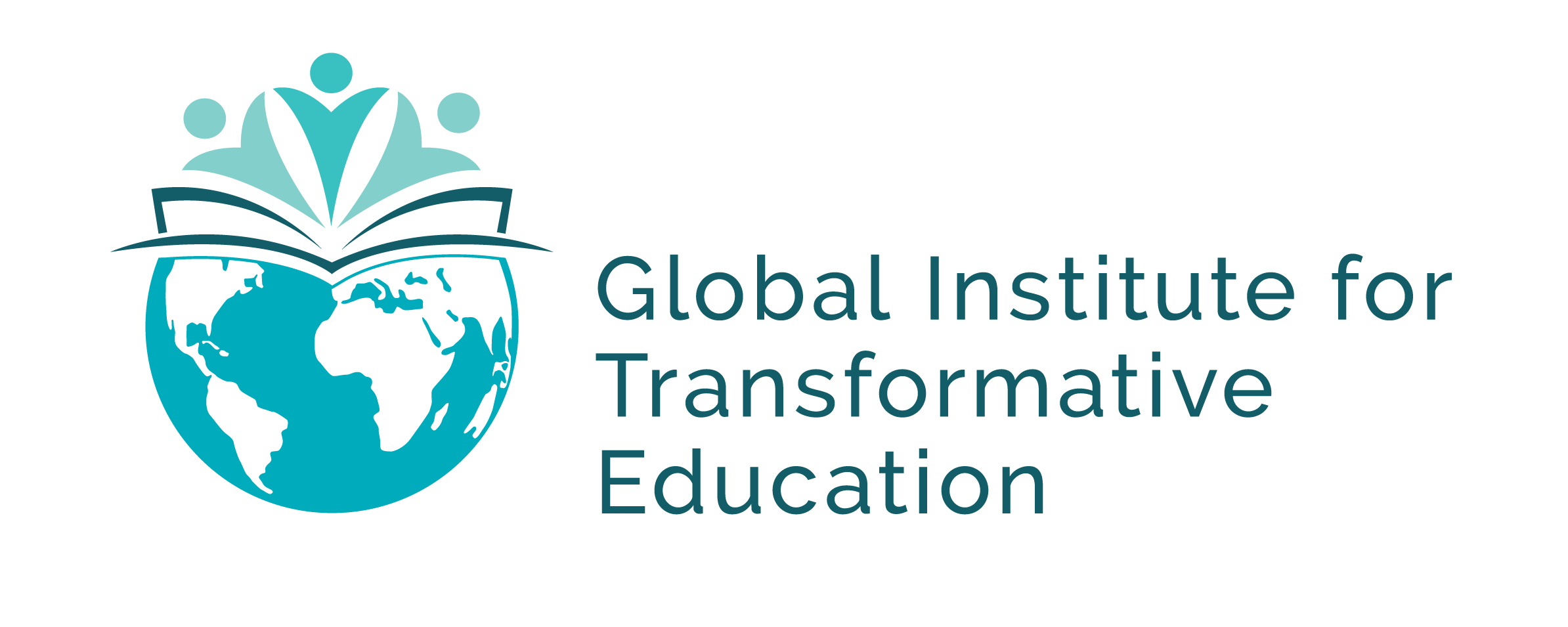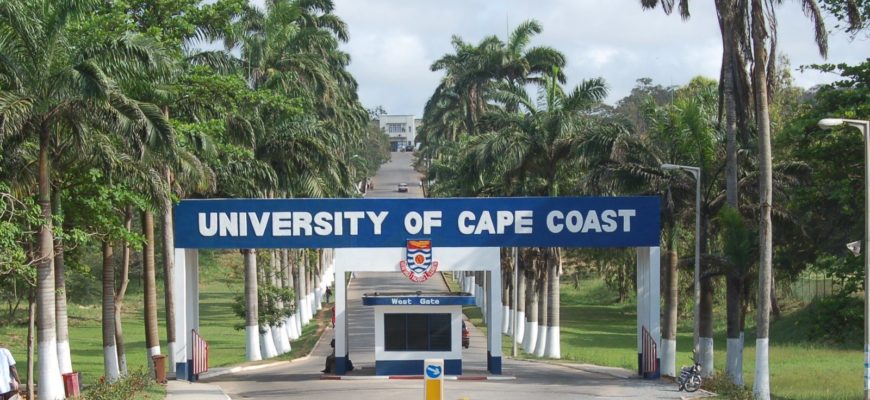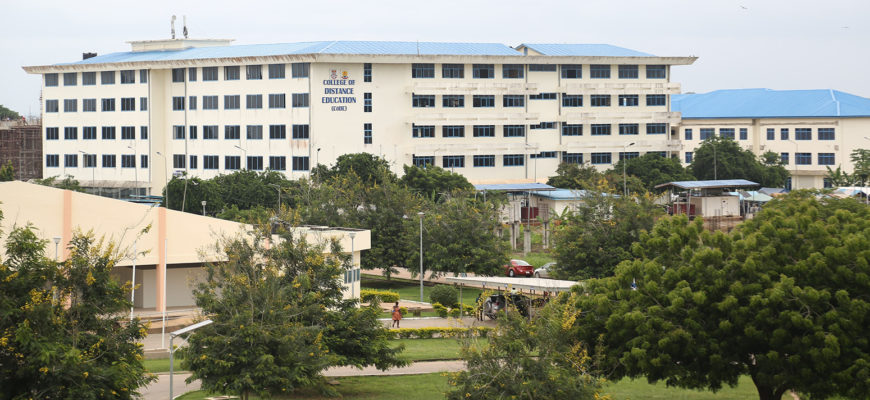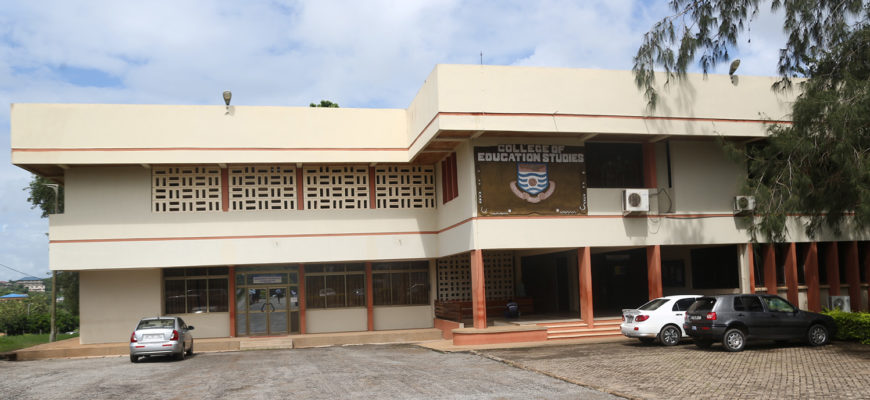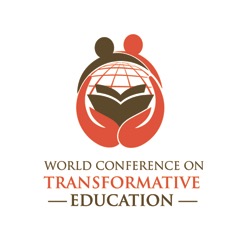
Second World Conference
on Transformative Education
(WCTE)
(New submission deadline December 31, 2022)
“The Future of Africa and the Role of Transformative Education”
May 18-20, 2023
University of Cape Coast
Cape Coast, Ghana
Call for Proposals
Download the updated Call for Proposals
Download an Appendix to the CFP (pdf)
to read more on defining “Transformative Learning.”
Second World Conference on Transformative Education (WCTE)
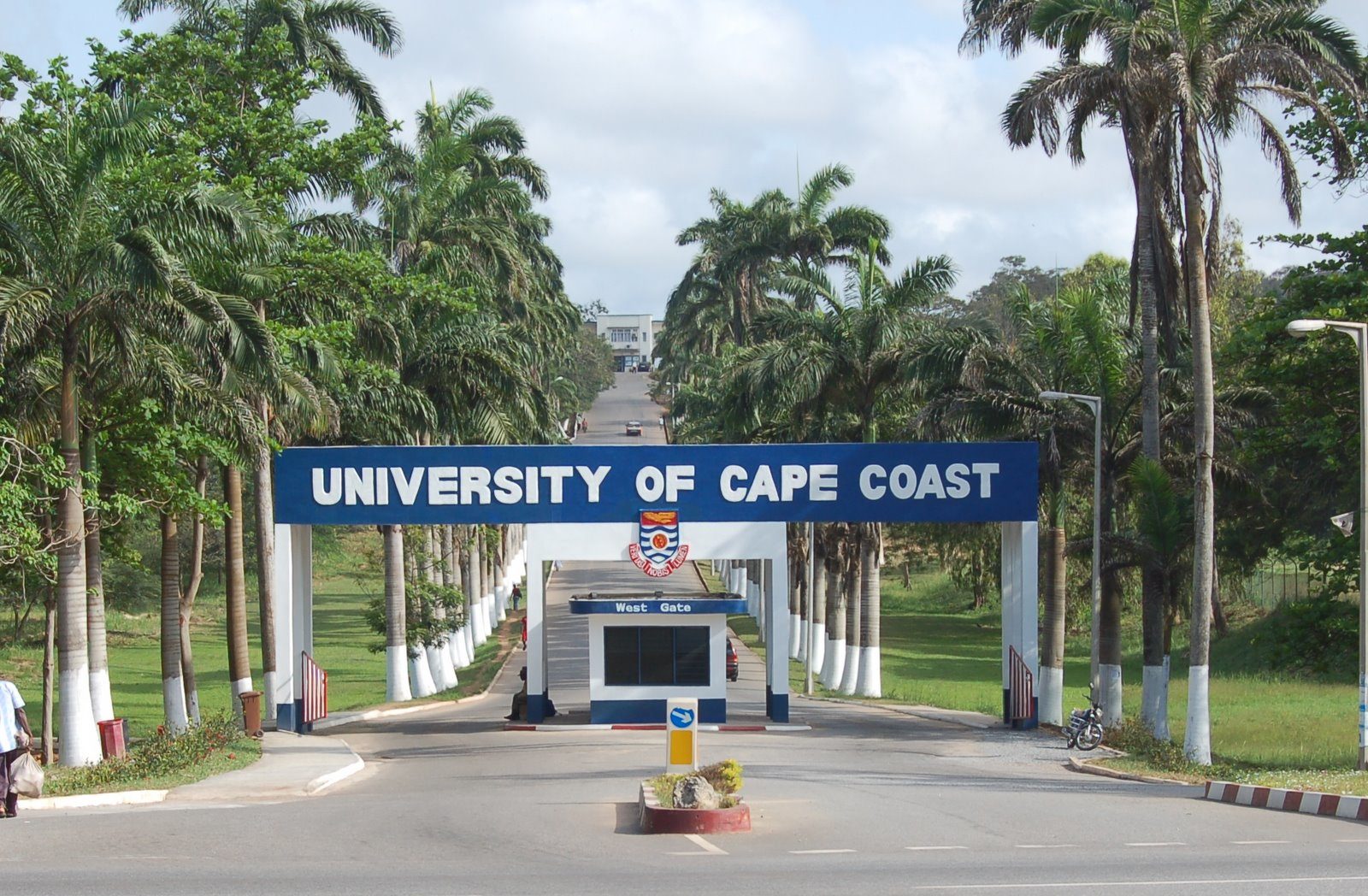 Do you believe high quality education is the pathway to socio-economic and political transformation of Africa? If your response to this question is yes, join us in Cape Coast, Ghana for a World Conference on Transformative Education, in order to chart new avenues for Africa’s enduring development through education.
Do you believe high quality education is the pathway to socio-economic and political transformation of Africa? If your response to this question is yes, join us in Cape Coast, Ghana for a World Conference on Transformative Education, in order to chart new avenues for Africa’s enduring development through education.
Current Situation
Most of the current education systems are far removed from the socioeconomic and political realities of Africa. They are the legacies of European colonial rules that are antiquated, even in Europe, and can neither effectively solve current African problems nor help speed up its socioeconomic growth and ensure its political stability. There is, therefore, a need to move away from educating children just for basic literacy and numeracy skills to providing them world-class education for interconnected competitive global economies. Such a move will require a quasi-volte-face shift in how we rethink school curriculum, pedagogy, leadership, and research.
Travel Planning, Lodging and Registration – PRE-Conference Information
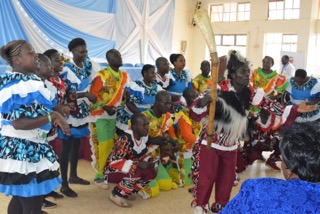 You can find a list of available hotels and guest houses to aid in planning your travel on the Pre-Conference Information page.
You can find a list of available hotels and guest houses to aid in planning your travel on the Pre-Conference Information page.
Registration and links to obtain a travel visa, and other relevant information will be posted very soon on the Pre-Conference Information page.
Presentations will focus on the following topics in relation to transformative curriculum, pedagogy, leadership and research:(Click here for an Appendix that describes “Transformative Education”)
- Redefining a school curriculum with respect to a school subject of a choice (history, geography, mathematics, languages, economics, science, arts education, food and nutrition)
- Infusing critical thinking skills in everyday lessons.
- Teacher education for competency-based education
- Critical literacy for a transformative society
- Best practices, methodologies, and strategies in transformative teaching
- Place-based, problem-based and project-based education
- Civic education curriculum for peace and stability
- Education for environmental sustainability
- STEM (Science, Technology, Engineering, and Mathematics) transformative instructional approaches
- Decolonized modern African History
- Strategies for authoring African children’s books
- Competency-based Education and Assessments
- Climate change and the role of schools
- Ethics and the role of schools in fighting corruption
- Classroom seating and transformative pedagogy
- Instructional technology
- Ethics and school leadership
- Citizenship education for national identity
- School attendance, absenteeism, teacher strikes/public holidays and how those missing instructional hours are recovered.
- The place of arts and music education in African schools
- Health education
- Applied mathematics
- Democracy in schools or lack thereof
- Transformative educational leadership
- Conflict resolutions and peace education

- Equality, equity, social justice, diversity and inclusion
- Transformative research works and teaching praxis
- Pan-Africanism and 21st century education
- Psychological well-being and education
- Culturally responsive curricula
- Curriculum for human dignity
- The positionality of special needs students in our school systems
- Economics for transformation of African economies
- Service learning in the curriculum
- Transformative assessment and evaluation
- Modern technology and e-learning
- Language policy and planning
- Sociocultural practices and knowledge
- Sociolinguistics in education
- Anthropology in education
- Language and Literacy Studies
- Ecolinguistics
- Cultivating transformative youth leadership in schools
- Educational linguistics
- Linguistic rights and Indigenous languages
- Distance learning/online courses and transformative education
- Education and Fourth Industrial Revolution (4IR)
Panel Presentations (110 minutes)
Individuals or institutional sponsors may organize a panel of presentations on a related subject, with each presenter offering a perspective on the topic. Panels may include a chair/moderator, 3 or 4 presenters, and a discussant. Each presenter will be allotted 20 minutes to deliver his/her paper, allowing 20 minutes at the end of the panel for commentary by the discussant, and 10 minutes for questions and answers.
Panel proposals must include information on all proposed participants and must indicate that they have been contacted and they have agreed to participate. The individual submitting the proposal will be the sole contact person regarding the conference.
Transformative Schools in Africa Presentations (60 minutes) Individual Papers (20 minutes)
Individual paper submissions will be grouped together by the program committee (not more than 3 papers will be grouped) to form a more intimate Discussion Room. Discussion Room will be the primary venue for individual paper submissions. Discussion Room will provide for an intense hour of conversations between presenters and attendees concerning related and emergent topics.
Round Table Discussions (60 minutes)
Individuals or institutional sponsors may propose to organize a round table discussion on a topic related to the theme of the conference. Like panels, round table discussions are coordinated by a moderator, and offer different perspectives on the proposed topic. Presentation time for each discussant is limited to 5-7 minutes. The majority of the session is devoted to dialogue between the discussants and the audience. In the best round tables, the speakers are aware of each other’s work and views; they refute or support those views in their own talks. There is substantive interchange, as well as the chance to go in-depth. Proposals for round table discussions must include information on all proposed discussants. The individual submitting the proposal will be the sole contact person regarding the round table discussion.
Interactive Workshops (60 minutes)
Presenters spend a short amount of time on the delivery of the pedagogical concept, theory or model, and the majority of the session is devoted to direct, hands‐on participation by the attendees. Workshops are organized to address a theme; discussion is informal and interactive, and papers are not presented.
School Presentations (60 minutes)
P-12 (Pre-nursery through high school) teachers in Africa with sound knowledge of transformative teaching and learning practices that are currently part of their curriculum are invited to submit a proposal. If selected, they will be invited to the conference with a group of their students to present one of their transformative lessons. Their proposal will have to demonstrate clear evidence of transformative learning as an outcome of the lesson presentation. Scholarships will be available for roundtrip travels, room, and board. Proposals from schools whose overall mission is predicated on student-centered learning will be given a priority.
Public Action/Art Exhibition
We will have a number of spaces available throughout the program for public actions/art exhibitions. These types of presentations are intended to foster critical and public dialogue and should be considered spaces for social action and public pedagogy. Presentation time and venue is flexible and dependent on presenter needs with these types of presentations—indicate your audio-visual and material needs.
Book Talks (60 minutes)
If you have recently published a book that charts a new direction for Africa and that benefits teachers and education policy makers, this venue would be perfect for you.
CONFERENCE REGISTRATION
Upon acceptance of the proposal, a mandatory non-refundable fee for the conference must be paid to guarantee a spot on the conference program.
Registration
- International faculty/K-12educators/researchers (out of the African continent) $230 (early- bird registration $200)
- African faculty/researchers/policymakers $100 (early-bird registration $80)
- African Teacher education faculty $35 (higher education faculty not included)-early-bird registration $30)
- African Students and k-12 teachers $12 (early-bird registration $10)
- Non-African students $60 (early-bird registration $50)
Early Bird registration opens on March 5, 2023 and ends on April 5, 2023. The following modes of registration payment will be accepted:
- Conference website (gite.education)
- Western union
- Credit Card – pay via the WCTE ’23 Stripe page
- Moneygram – see the PreConference Info ’23 page for details
- University of Cape Coast, Ghana – see the PreConference Info ’23 page for details
Opportunity for Scholarly Publication
Outstanding papers will be considered for publication in our peer-reviewed Global Journal of Transformative Education (GJTE). See details about GJTE here.
CONVENERS
For more information about the conveners, view the Meet the Convener’s page.
Michael T. Ndemanu, Ph.D.
Associate Professor of Education
Ball State University, Muncie, Indiana, USA
mtndemanu@bsu.edu
Daniel Baron, Ph.D. (ABD)
Founder of Bloomington Project School, Indiana, USA
dbaron@theprojectschool.org
Ernest Kofi Davis, Ph.D.
Provost, College of Education Studies
University of Cape Coast, Ghana
ekdavis@ucc.edu.gh
Isaac Galyuon, Ph.D.
Professor of Plant Physiology & Molecular Biology
College of Agriculture and Natural Sciences
University of Cape Coast, Ghana
igalyuon@ucc.edu.gh
Dora F. Edu-Buandoh Ph.D.
Associate Professor of English
University of Cape Coast, Ghana
dora.edubuandoh@ucc.edu.gh
Serafin M. Coronel-Molina, Ph.D.
Indiana University Bicentennial Professor
Professor of Literacy, Culture, and Language Education
Indiana University, Bloomington, Indiana, USA
scoronel@indiana.edu
Winnie Mucherah, Ph.D.
Professor of Developmental Psychology
Ball State University, Muncie, Indiana, USA
wmucherah@bsu.edu
Tom J. McConnell, Ph.D
Professor of Science Education,
Ball State University, Muncie, Indiana, USA
tjmcconnell@bsu.edu
Judah Ndiku, Ph.D.
Associate Professor of Educational Administration & Management
Director, Curriculum Review and Development
Masinde Muliro University of Science and Technology
Kakamega, Kenya
jndiku@mmust.ac.ke
Venicia McGhie, Ph.D.
Associate Professor of Education and Literacy
Faculty of Economic and Management Sciences
University of the Western Cape
Cape Town, South Africa
vfmcghie@uwc.ac.za
Moses E. Ochonu, Ph.D.
Professor of African History
Cornelius Vanderbilt Chair in History
Vanderbilt University, Nashville, Tennessee, USA
Moses.ochonu@vanderbilt.edu
View the Appendix to the CFP for a description of Transformative Education.
